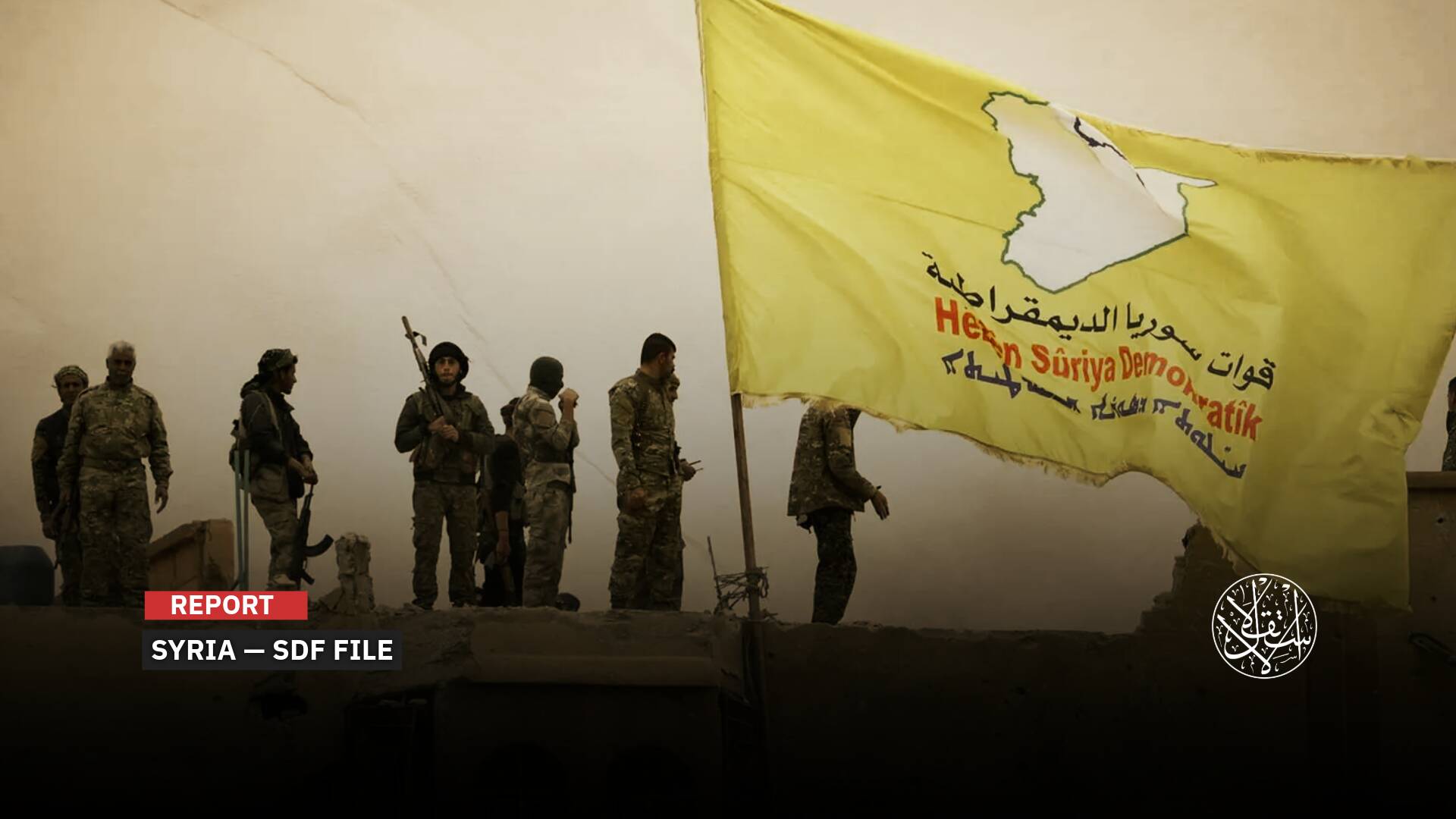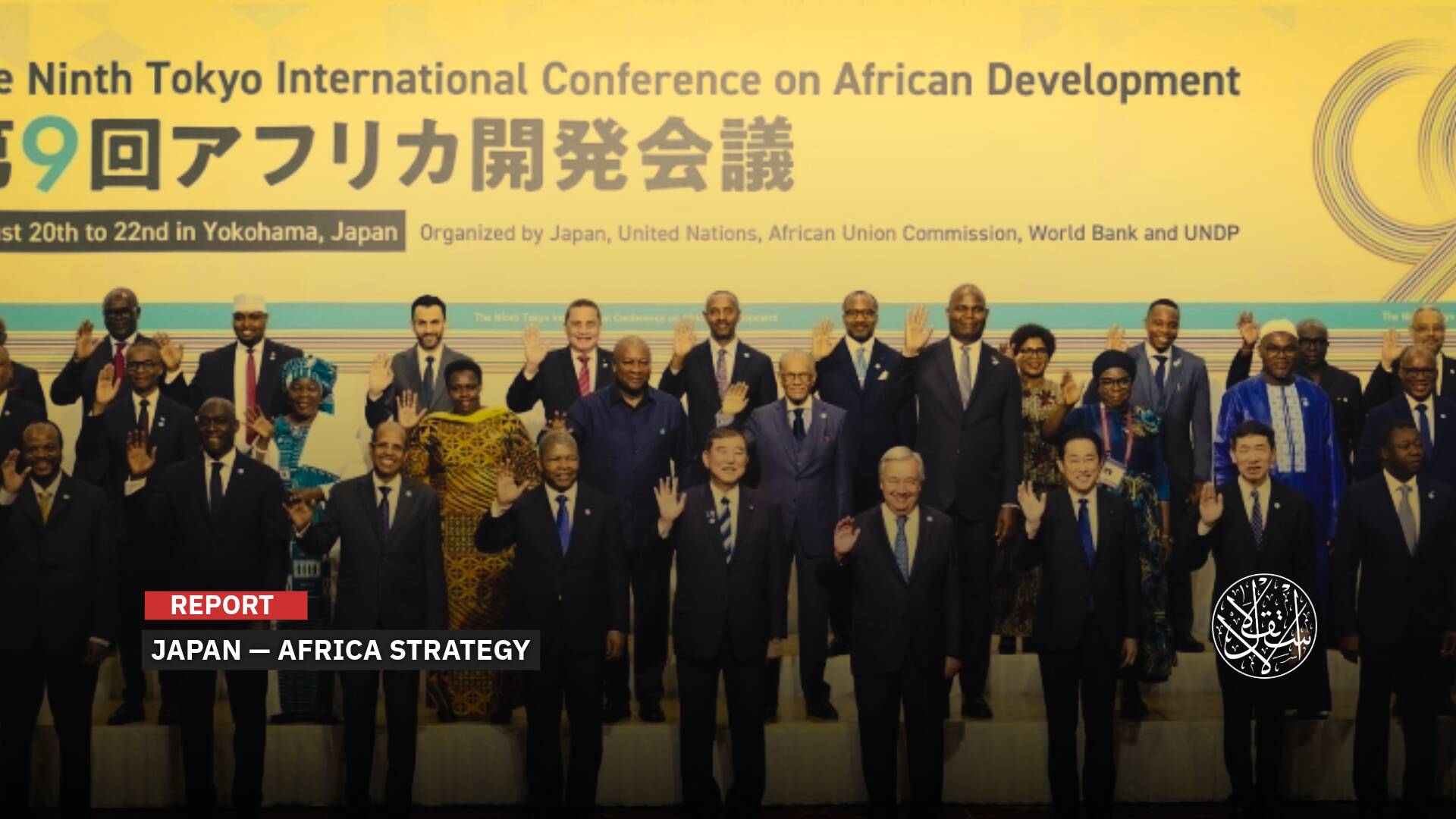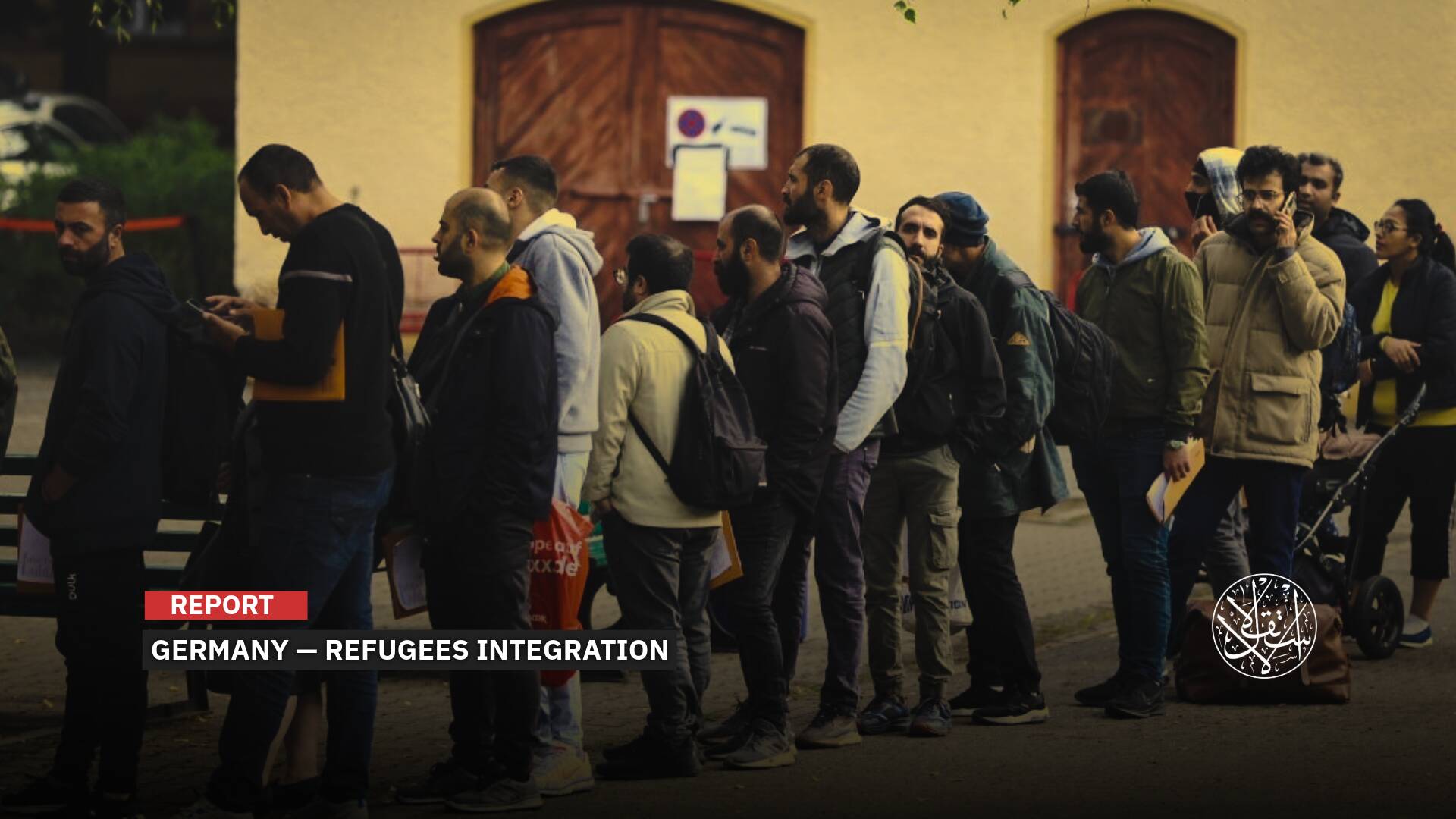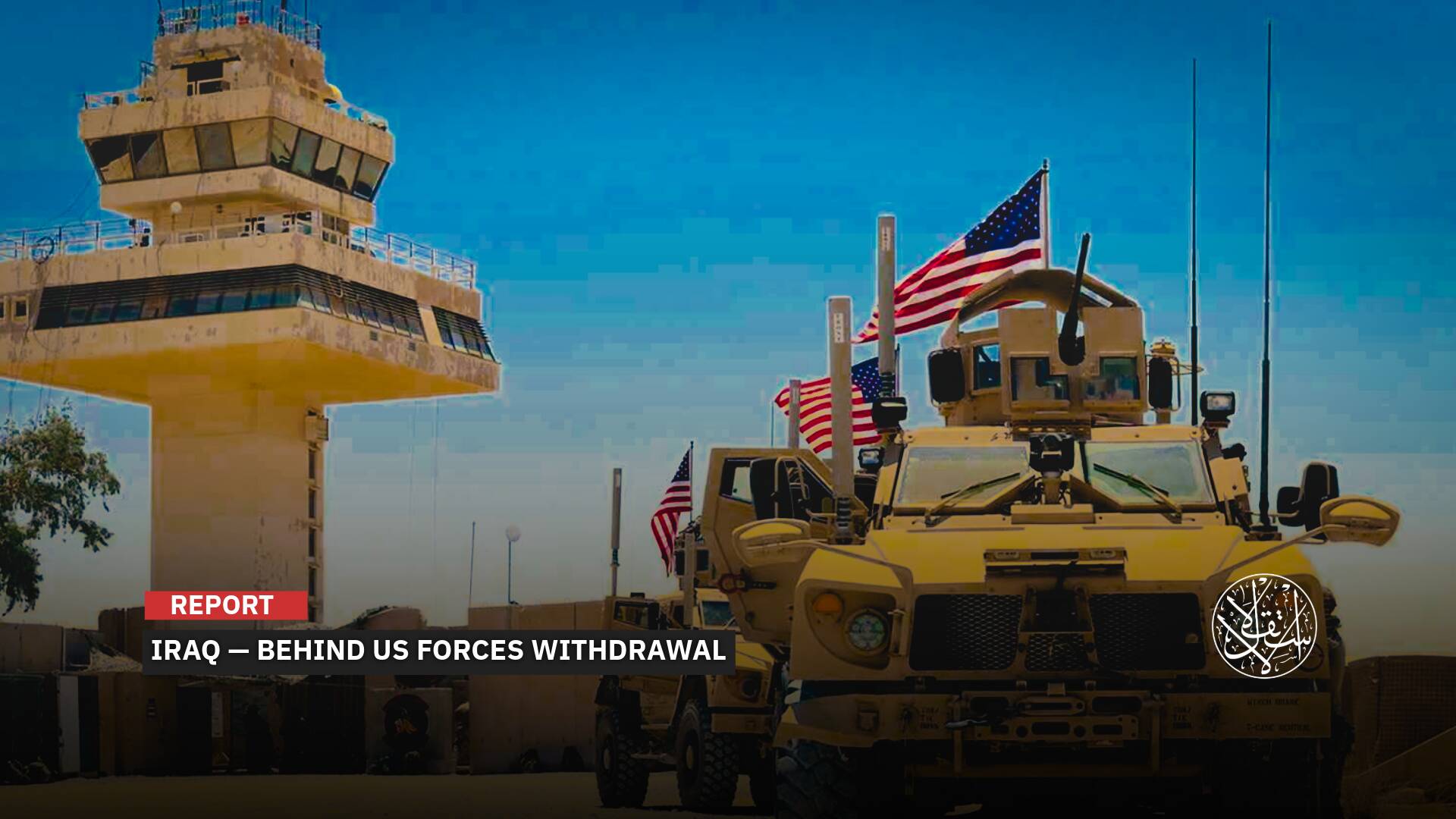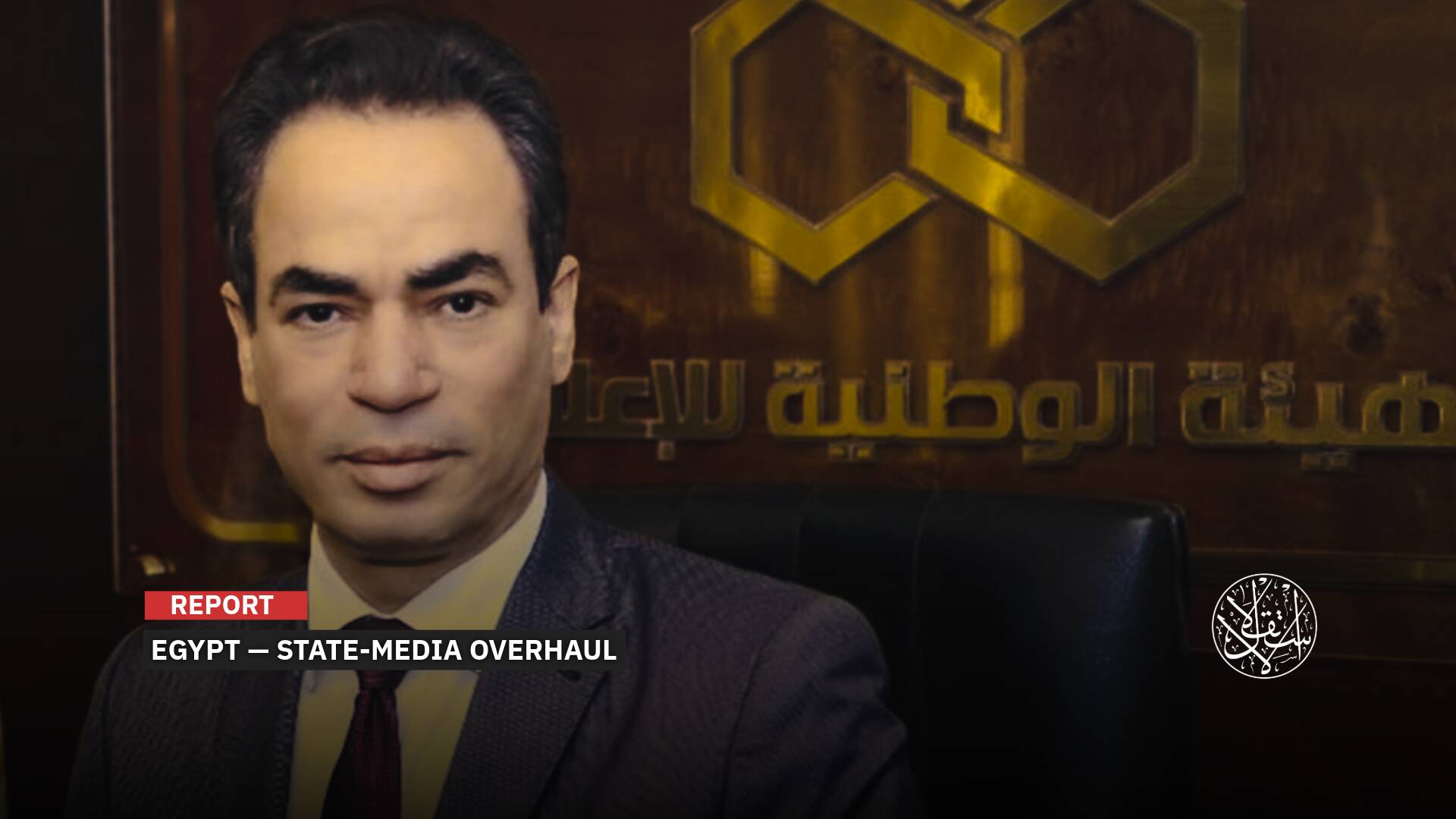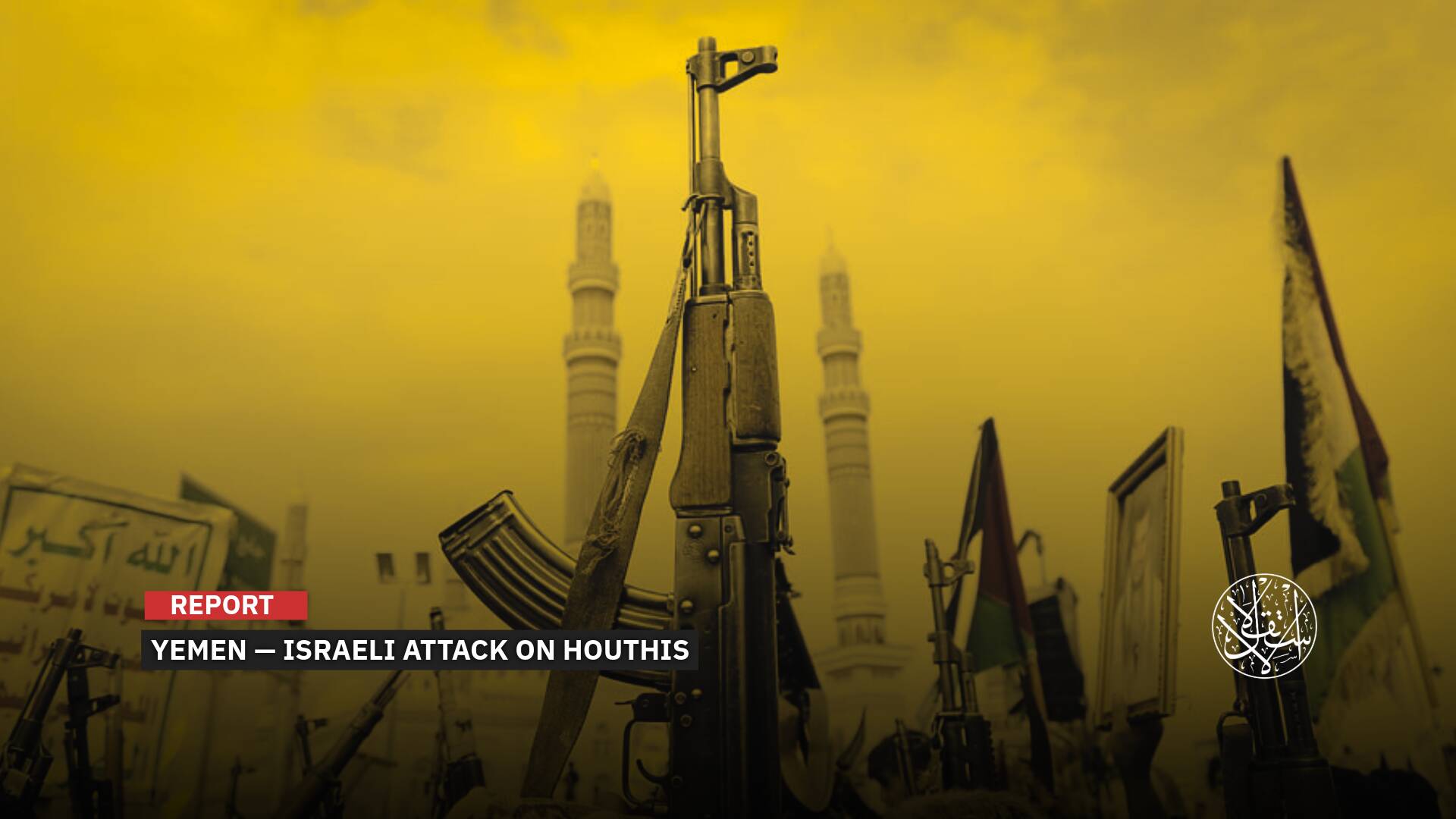How Russian Soldiers in Ukraine Suffer Logistical and Financial Neglect

With the continuation of the Russian invasion of Ukraine entering its ninth month, financial exhaustion appears on the conditions of the Russian soldiers, amid Moscow's evasion of fulfilling its promises towards their benefits and compensation for the dead from them to their families.
However, the delay in financial payments to the regular soldiers in Russia who have been participating in the Ukraine battles since February 24, 2022, did not stop Moscow from recruiting more local and foreign mercenaries.
Pay Problems
On October 19, 2022, the Ukrainian armed forces said that the Russian forces and their families, who are already suffering from financial and moral problems and desertion from military recruitment, are facing pay problems.
The Ukrainian forces indicated that there are major problems in the Russian Federation regarding financial payments to soldiers who participate in the fighting in Ukraine.
It indicated that payments for cash allocations for participation in hostilities are delayed for this category. Also, relatives of the Russian dead cannot receive the promised compensation from the Russian authorities.
Within this section, a report by the Institute for the Study of War (based in Washington) confirmed that Russian reservists and volunteers complain that they were not paid, were not fed adequately, or not given the benefits they were promised.
According to the report, which was published on August 15, 2022, the Russian authorities appointed conscripts with no experience to positions as commanding officers in battle.
Moscow also failed to provide sufficient food, ammunition, or cigarettes to the soldiers, as well as to provide funeral arrangements for volunteers killed in the fighting.
For soldiers who served in Ukraine and returned home, some complained of being abandoned in remote places without transportation back home once their contracts expired.
According to the institute's report, many volunteers who had already returned from Ukraine reported feeling deceived and treated worse than ordinary contract soldiers.
At the beginning of the war, Russian President Vladimir Putin said that the soldiers who were wounded at the front deserve compensation, stating: "They will be able to claim 3 million rubles [about $50 thousand]."

Soldiers Struggle
However, as the war intensified and Russia was besieged by sanctions, it seemed that Moscow had refrained from committing to compensation for its soldiers.
Some of the injured soldiers have struggled to obtain compensation, according to Reuters, and the reason for this is that the rules regarding who is entitled to compensation are difficult.
Some soldiers also face government bureaucratic hurdles or delays in approving compensation requests.
Reuters quoted the Moscow-based advocacy organization Military Ombudsman, which provides legal advice to service personnel in conflicts, as saying that it had received hundreds of requests for assistance from wounded soldiers who were demanding compensation.
The suffering of Russian soldiers is not limited to compensation, but rather, according to what British defense officials confirmed on October 15, many Russian conscripts had to buy modern body armor from their pockets.
Those shields were sold on Russian online shopping websites for 40,000 rubles (about $640), down from 12,000 rubles ($190) in April 2022.
According to videos circulating on social media, some Russian conscripts are being handed out old weapons, as well as a shortage of logistical equipment and medical aid, and others say they receive little training and education.
These scandals of the Russian army come at a time when Moscow is reticent about the true numbers of the dead and injured soldiers it lost on the fronts of Ukraine.
Moscow had not updated the official death toll of its soldiers since March 25, 2022, when it said that 1,351 Russian soldiers were killed and 3,825 were injured.
Kyiv confirms that the death toll of Russian soldiers reached more than 60 thousand as of October 23, 2022.

Attractive Salaries
Since the invasion began, Russians have been offered salaries well above the average government salary for joining Russian forces in July.
In Moscow, those who joined the Sobyanin Regiment, which recruits mercenaries for the war against Ukraine up to the age of 60, were reportedly promised a monthly stipend of 200,000 rubles (about $3,200), more than three times the average government salary.
The recruits undergo first training in the Russian Nizhny Novgorod region for a month before being sent to Ukraine.
Nevertheless, Moscow is continuing to attract more fighters to plunge them into the war.
For this reason, President Vladimir Putin issued a decision on September 21, 2022, to partially mobilize the reserve forces, and demanded the recruitment of at least 300,000 Russian fighters, and the number may reach one million based on some media reports.
That decision sparked a wave of great resentment among the Russians, to the extent that hundreds of thousands of citizens fled to neighboring countries, prompting Moscow to issue military law against the fugitives.
In front of this, the streets of Russian cities, especially the capital, Moscow, are littered with giant billboards calling for recruitment into the Russian forces.
For example, the Russian Foreign Ministry building appears behind a billboard on social media, showing a Russian fighter with a large Z to his right.
It is a slogan adopted by Moscow since the beginning of the war and is now written on weapons and equipment.
Many Features
However, since mid-September 2022, Russian lawmakers have been quick to pass amendments to extend benefits to those serving to fight in Ukraine, as well as their immediate family members, including a debt standstill and full debt relief, as part of the debt relief bill, which passed on September 28.
The debt relief bill freezes loan payments, including mortgages and consumer loans, to conscripts and all those who serve in war as well as their immediate family members.
Russian military officials have already promised to pay recruits a monthly salary of between 135 and 200,000 rubles ($2,290 to $3,400) depending on their military rank, an amount two to three times the average government salary, according to Moscow-based Alpha Bank.
The bill also exempts the debts of soldiers who were killed or seriously injured during the Ukraine war, as well as the obligations of their close family members.
Observers assert that the Kremlin is compelled to improve financial incentives for regular and reserve soldiers to stop protests against the war and evasion of conscription that threatens to undermine the invasion strategy in Ukraine.
Some Russian lawmakers had called for the debts of all fighters to be written off, a move criticized by Deputy Finance Minister Alexey Moiseev, who said it went too far.
Moiseev indicated that there is no need to waive the debts of those who return without injury because they receive a fairly high salary for the service and that their financial situation will not worsen but will improve.
On September 27, 2022, the Russian parliament approved several amendments to the Labor Code, including ensuring the right of conscripts to return to their jobs within three months of their demobilization and protecting their spouses from early layoffs or overtime without their consent.
The amendments also exempt men who have engaged in partial mobilization and their family members from fines for late payment of monthly bills for community services and residential building maintenance.

According to a report by the American magazine Newsweek, published on August 13, 2022, Russian prisoners in Saint Petersburg are offered freedom and money to fight in Ukraine by the Russian Wagner group that recruits mercenaries.
The notorious group pays them 200,000 rubles and grants them amnesty in exchange for six months of voluntary service in the Donbas region if the prisoners return alive.
Thus, Russia has guaranteed large numbers of mercenary fighters, which exempts it from compensation and obligations towards their families, similar to what the country's laws stipulate for the rights of regular soldiers.



